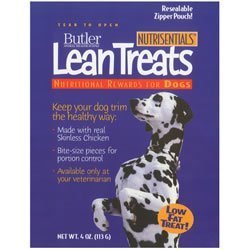tightasadrum
Full time employment: Posting here.
I just got back from "grocery shopping" with DW. That was the price I had to pay to go out to breakfast. During the process, which took three stops, I got a sense that some of the purchases might not be considered essential. (I'm thinking ahead to when the paychecks stop.)
Yep, I was right. Turns out 54% we could easily live without. Not that we would want to, after all there was wine and Christmas bourbon on the non-essential list, but certainly not required for a wholesome and healthy lifestyle. Many of the items were things like pet treats, wrapping paper, etc.
I'm suddenly feeling a whole lot more secure about retirement expenses.
To this group: What percentage of your normal living expenses would you place in the essential/non-essential group in your weekly food shopping trips? (I realize this is highly subjective and that non-essential to some clearly fall into the other category for others, even in the same household, like mine. But let's see what number you come up with.
Yep, I was right. Turns out 54% we could easily live without. Not that we would want to, after all there was wine and Christmas bourbon on the non-essential list, but certainly not required for a wholesome and healthy lifestyle. Many of the items were things like pet treats, wrapping paper, etc.
I'm suddenly feeling a whole lot more secure about retirement expenses.
To this group: What percentage of your normal living expenses would you place in the essential/non-essential group in your weekly food shopping trips? (I realize this is highly subjective and that non-essential to some clearly fall into the other category for others, even in the same household, like mine. But let's see what number you come up with.



